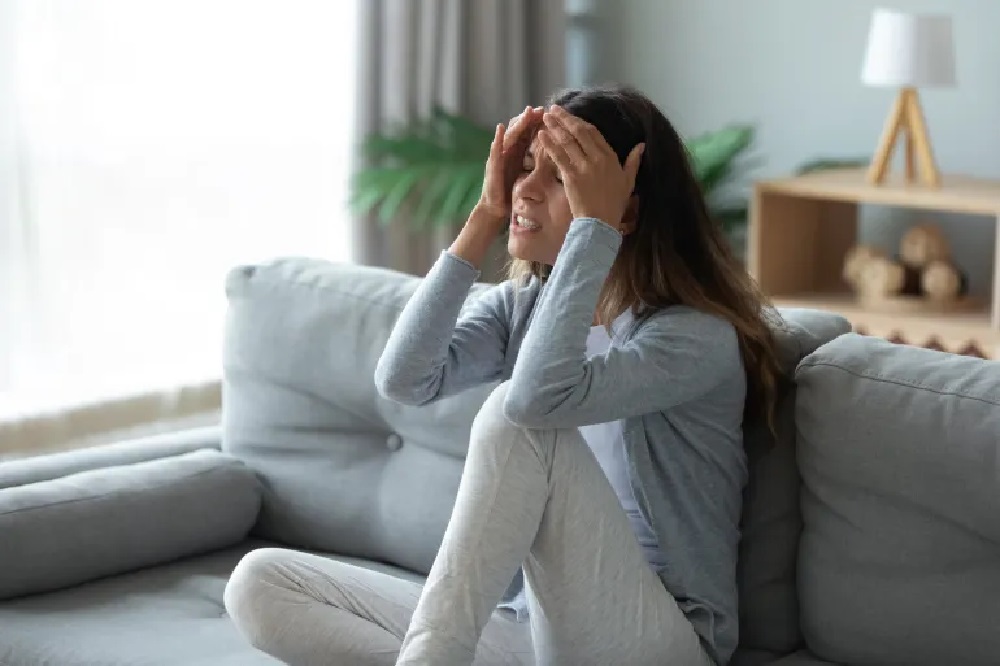Watan-Anxiety disorders are among the most common mental health issues worldwide, but recent research shows that women are affected by them more than men. Studies indicate that women are about twice as likely as men to develop an anxiety disorder.
According to multiple studies, while anxiety has always existed in society, its prevalence among women has significantly increased over the past few decades.
Modern life imposes unique challenges on women, ranging from work-related stress and family responsibilities to societal expectations and digital pressures. Additionally, factors such as hormonal changes, childhood conditioning, and even genetic predisposition contribute to higher anxiety levels in women.
A comprehensive report explored the reasons behind the rising levels of anxiety among women and examined possible ways to address it. The report emphasizes that “anxiety in women is not just a result of individual challenges but is deeply influenced by biological, social, and environmental factors.”

According to the report, which Al Arabiya.net reviewed, some of the key reasons for increased anxiety among women include:
- Biological and hormonal influences: Women’s bodies undergo significant hormonal fluctuations throughout life, affecting their mood and emotional regulation.
- Puberty: Rising levels of estrogen and progesterone during adolescence can increase sensitivity to stress and anxiety, making young women more vulnerable to anxiety disorders.
- Pregnancy and postpartum: Hormonal changes during and after pregnancy can trigger anxiety and even postpartum anxiety disorders. New mothers often experience heightened anxiety about their child’s safety, their role as mothers, and potential judgment from others.
- Menopause: The decline in estrogen levels during menopause is linked to increased anxiety, mood swings, and even panic attacks.
These biological changes mean that women experience anxiety differently from men and often require a gender-sensitive approach to treatment and management, according to the report.
Managing and Coping with Anxiety
The report emphasizes that, despite its prevalence, anxiety can be managed. By making lifestyle changes, seeking support, and shifting perspectives, women can reduce anxiety and regain a sense of control over their lives.
Some steps that can help women reduce anxiety include:
- Prioritizing self-care without guilt: Effective self-care practices include mindfulness and meditation to calm the nervous system, journaling to express and process emotions, engaging in hobbies that bring joy and relaxation, and taking breaks from responsibilities without feeling guilty.
- Seeking professional help: Many women hesitate to seek therapy due to stigma or time constraints, but professional support can be life-changing.
- Engaging in physical activity: Exercise is a powerful tool for managing anxiety as it releases endorphins and lowers cortisol levels. Even small amounts of movement can be beneficial. Effective activities for reducing anxiety include:
- Yoga and deep breathing exercises
- Walking or jogging in nature
- Strength training or dancing
By adopting these strategies, women can better manage anxiety and improve their overall well-being.
-
-
-
-
-
-
